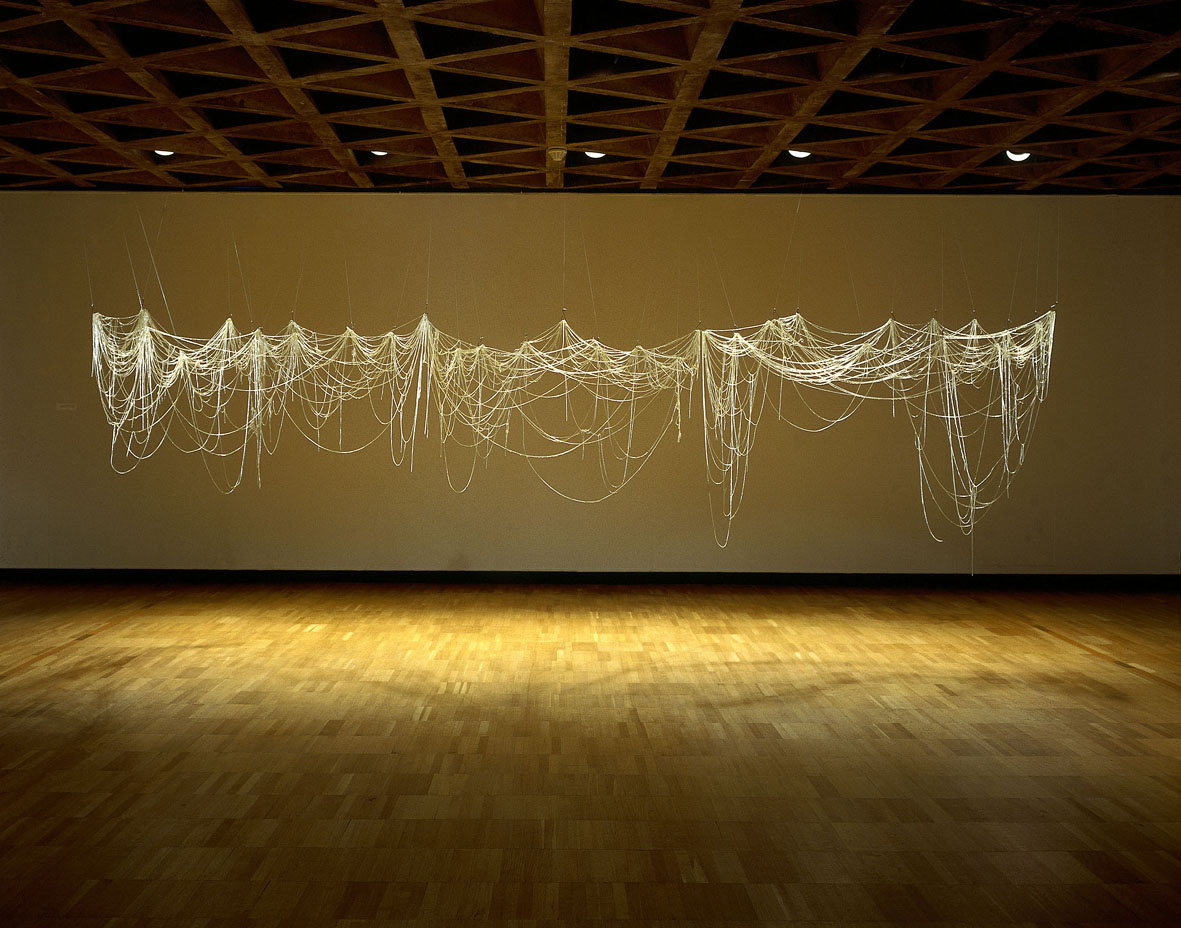An excellent profile of Felipe De Brigard
… at Duke Today. An excerpt: De Brigard believes that our considerations of what actually happened, what could have happened and what might happen are closely linked in our brains because these kinds of mental simulations are likely to allow us to rehearse ways the world could be. He think’s it’s …

